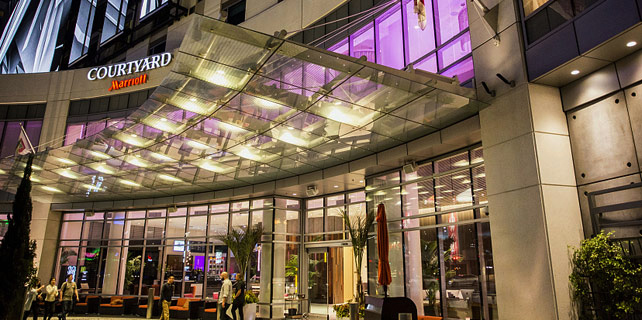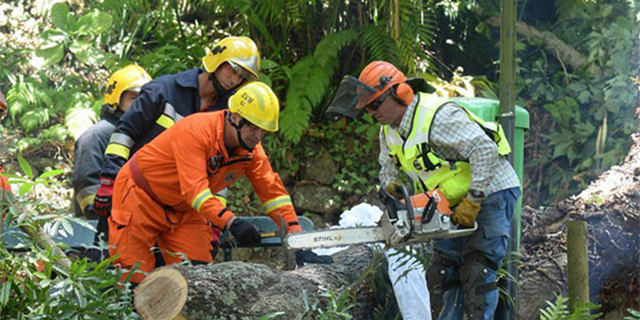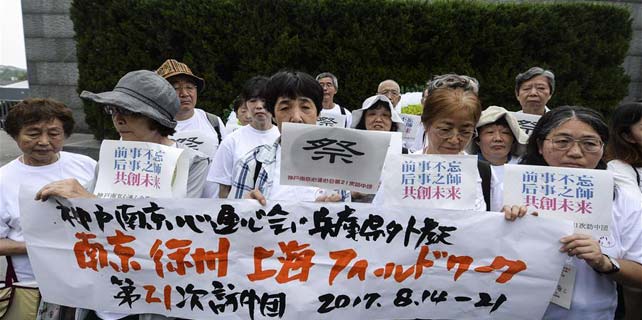Chinese investment expected to boost Malaysian construction industry
KUALA LUMPUR - BMI Research, a Fitch group company, has upgraded its five-year forecast for Malaysia's construction industry, due to strengthening public, private and foreign investment in infrastructure, especially from China.
"Malaysia is a brightening spot in the Asia-Pacific infrastructure market, and we have upgraded our outlook for the country's construction industry on the back of surging realized investment in infrastructure projects," the research house said in a report Thursday.
Currently, Malaysia has more than 83 projects that have been awarded or are under construction, whose total value of $100 billion.
The investment is partly driven by Malaysian government initiative, especially the ongoing 11th Malaysia plan that allocate about $10.8 billion in 2017 to projects ranging from affordable housing to high speed rail.
The growing focus of inward infrastructure investment from China, and more Chinese enterprises pursuing transport and industrial projects in Malaysia as part of the Belt and Road Initiative, are also the driving forces.
Proposed by China in 2013, the initiative aims to build trade and infrastructure networks connecting Asia with Europe and Africa along the ancient trade routes.
These Chinese-led projects include transport, logistics and industrial projects, such as the Malaysia-China Kuantan Industrial Park, the East Coast Rail Link and the Melaka Gateway Project.
BMI Research now expects Malaysia's construction industry real growth at an annual average of 6.3 percent between 2017 and 2021.
"Malaysia is a brightening spot in the Asia-Pacific infrastructure market, and we have upgraded our outlook for the country's construction industry on the back of surging realized investment in infrastructure projects," the research house said in a report Thursday.
Currently, Malaysia has more than 83 projects that have been awarded or are under construction, whose total value of $100 billion.
The investment is partly driven by Malaysian government initiative, especially the ongoing 11th Malaysia plan that allocate about $10.8 billion in 2017 to projects ranging from affordable housing to high speed rail.
The growing focus of inward infrastructure investment from China, and more Chinese enterprises pursuing transport and industrial projects in Malaysia as part of the Belt and Road Initiative, are also the driving forces.
Proposed by China in 2013, the initiative aims to build trade and infrastructure networks connecting Asia with Europe and Africa along the ancient trade routes.
These Chinese-led projects include transport, logistics and industrial projects, such as the Malaysia-China Kuantan Industrial Park, the East Coast Rail Link and the Melaka Gateway Project.
BMI Research now expects Malaysia's construction industry real growth at an annual average of 6.3 percent between 2017 and 2021.
Related Stories






















